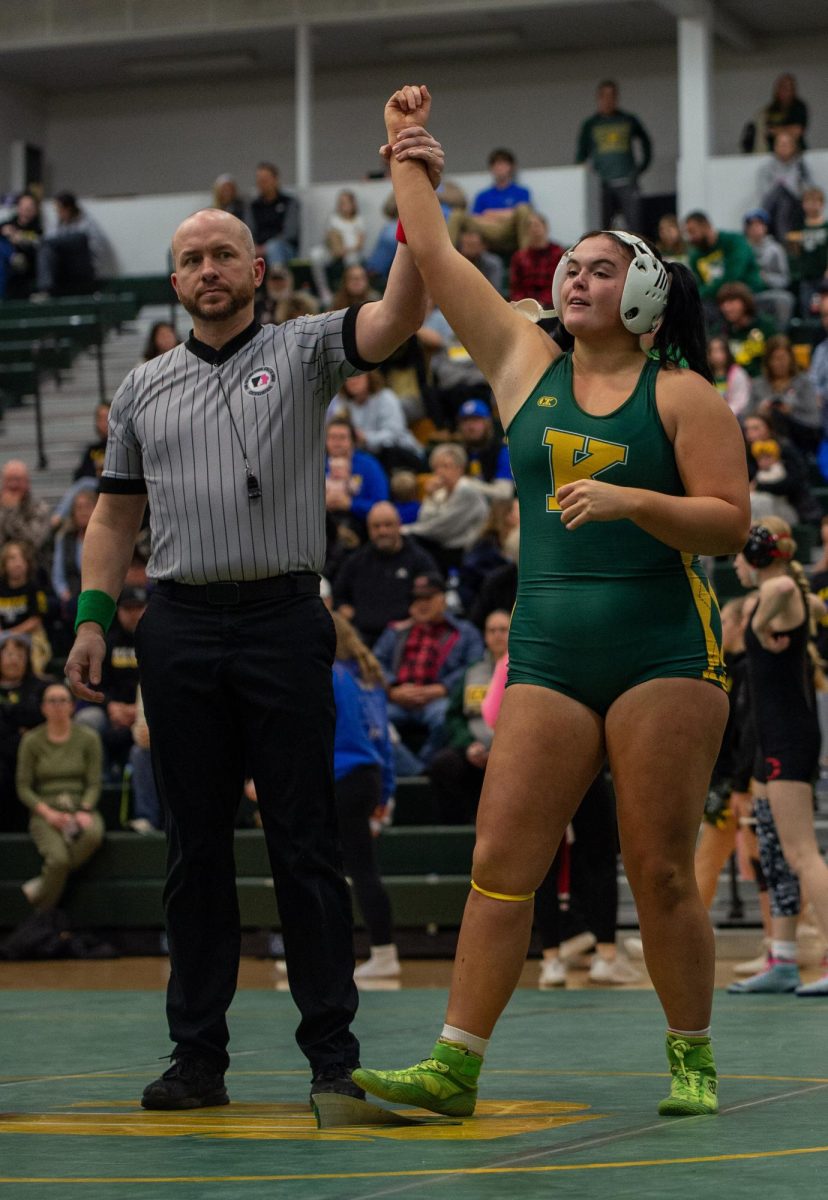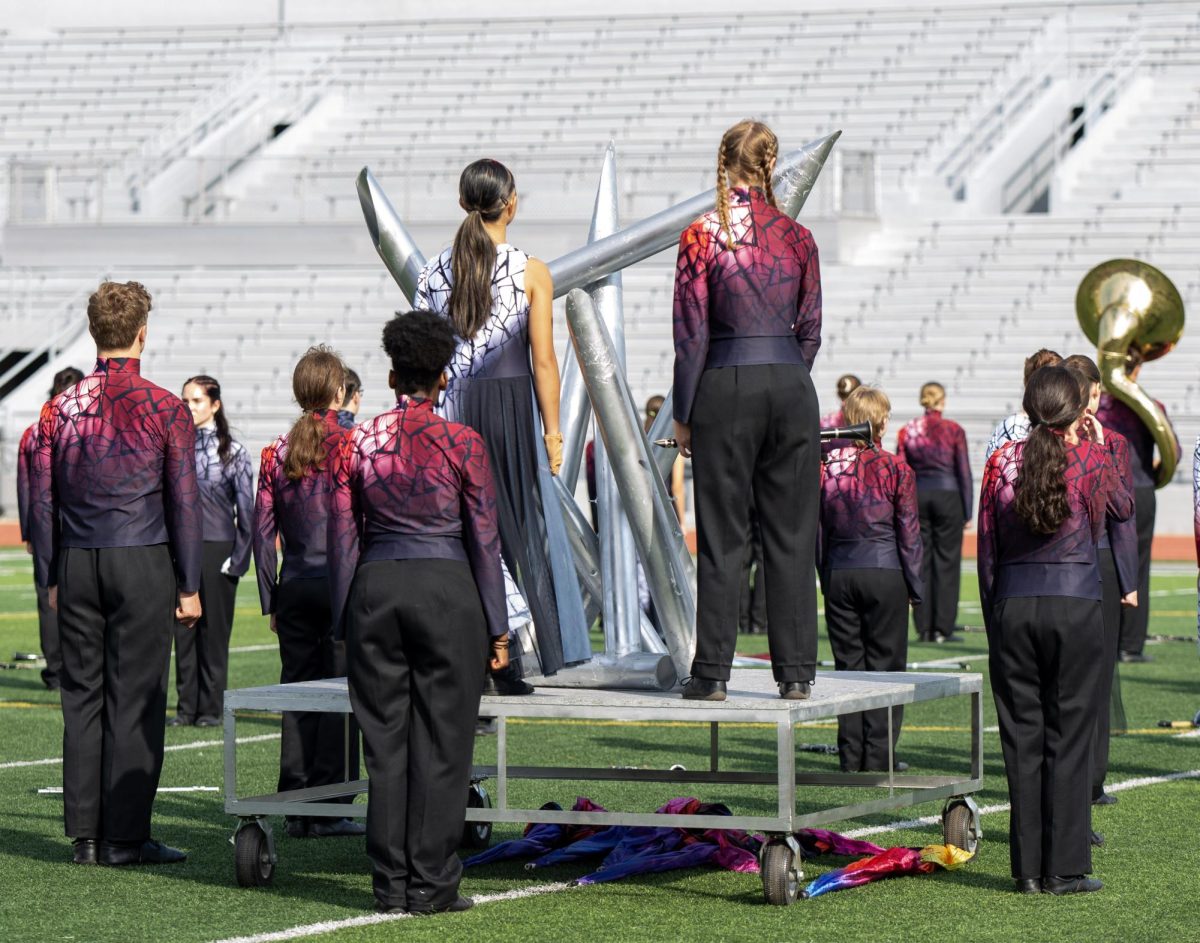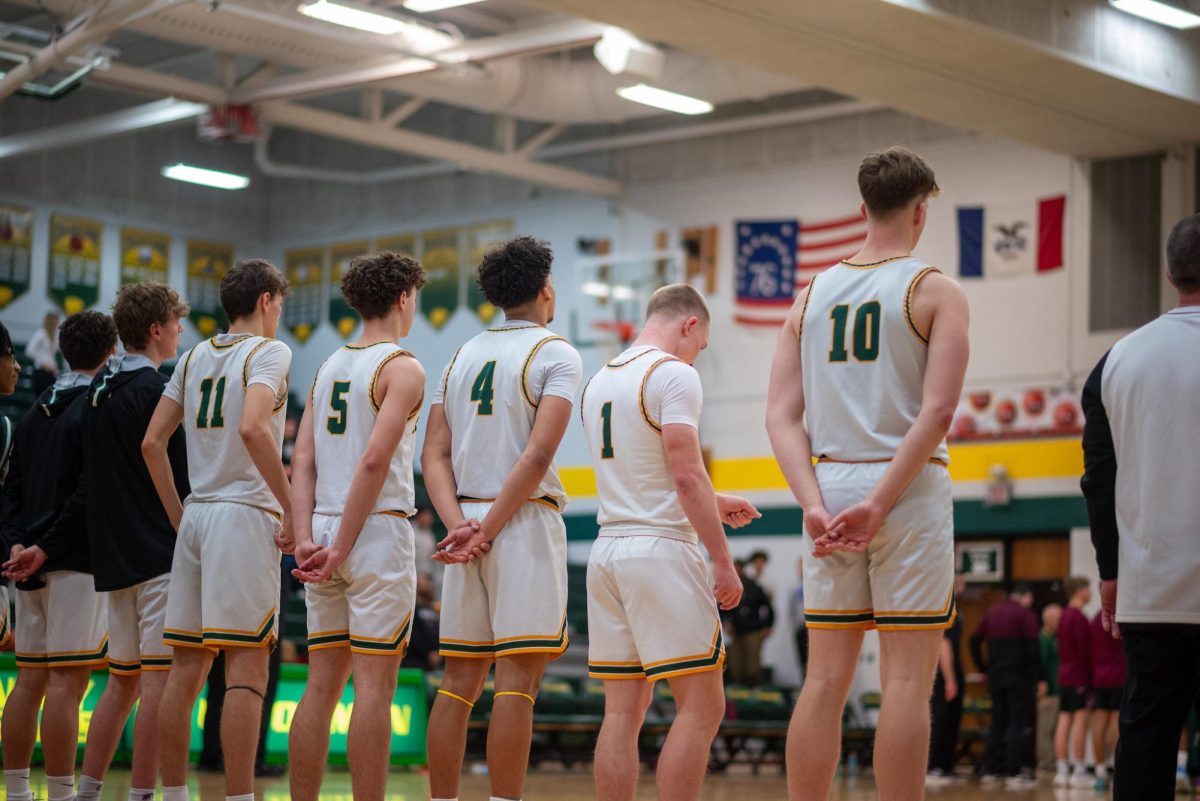Alternative Views
November 8, 2016
Those who are sick of the same old Democrat and Republican policies that have governed our people for years have another choice. Third Parties.
“I learned about politics in AP Comp Gov and it sparked an interest in politics during my junior year,” Caleb Ryder, sr., said.
Ryder supports Dr. Jill Stein, Green Party nominee. On Tuesday, Nov. 8, he will cast his ballot for her as president.
A third party is any party other than the Democratic Party or Republican Party. The most common third parties are the Libertarian Party, the Green Party, and the Constitutional Party but there are over 25 ballot-qualified political parties in America ranging from Communist Party USA to United States Pirate Party.
“Unlike the Democrats and Republicans, the Greens have been supporting policies of clean energy, social justice, and the participation in grassroots politics,” Ryder said. “I find a lack of connection between the [Democrat and Republican] party’s leaders and the voters and a lack of focus on issues that I find more important than others.”
A Wall Street Journal/ NBC news report showed 47 percent of registered voters would consider a third party nominee this election cycle. There has been an upward trend of support for third party candidates as in 2012, 40 percent said they would consider a third party and 38 percent in 2008.
“Our popularity has exploded during the last year,” Arvin Vohra said in an interview with The Torch. He is the Vice Chair of the Libertarian National Committee and ran for the U.S. Representative of Maryland’s 4th Congressional District in 2014. “This has been largely spurred by the massive increase in access to information, powered by social media.”
Despite the rising support for third parties, these candidates have historically had little chance of becoming elected. In 1912, Theodore Roosevelt of the Progressive party defeated William Taft of the Republican party but only received 88 of the 266 necessary electoral votes to become president, thus electing Woodrow Wilson.
Students study election systems as part of the course in Brett Hoyer’s stat and finite class.
“There is no mathematical reason that we have a primarily a two party system,” Hoyer said. “If a third party candidate were to come in second place with today’s social media, I think the party would be more viable.”
Students in Hoyer’s class learn that even if third parties don’t elect a president, they can still have an impact on the election.
When a third party candidate favors a position slightly more extreme than a moderate left or right candidate they can pull support from them favoring the opposing candidate.
“Voting Libertarian puts pressure on the old parties to reduce the size, scope, and power of Federal, State, and Local governments,” Vohra agrees.
Currently Gary Johnson, Libertarian party nominee has the third most support polling at 6.4% according to RealClear Politics.
“The Libertarian Party wants to reduce the size, scope, and power of government in both the economic and social spheres,” Vohra said. “We believe that each person has the right to do whatever they want with their own bodies, and thus oppose the War on Drugs and any restrictions on marriage.”
“Your vote is your voice,” Vohra said. “When you vote for one of the old parties, you’re telling them: keep on doing what you’re doing.”


























